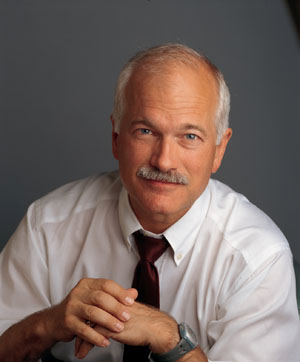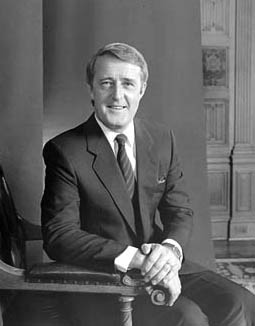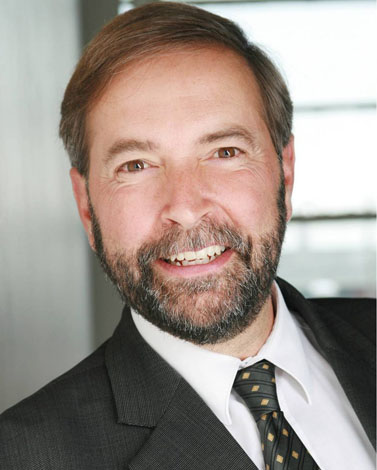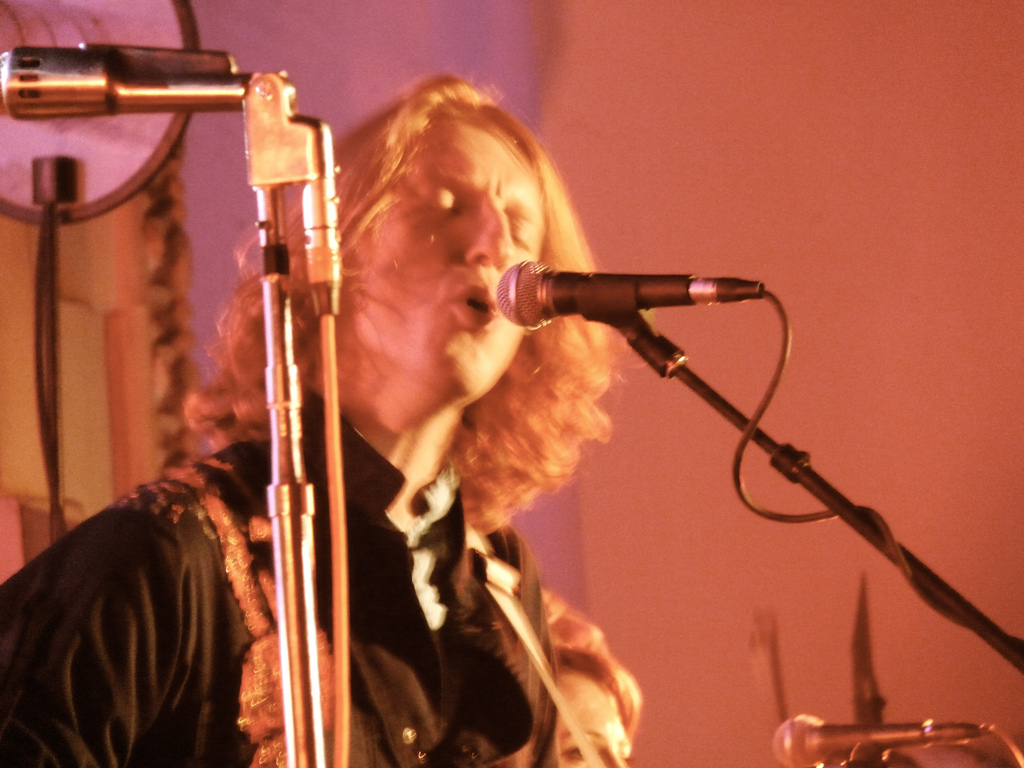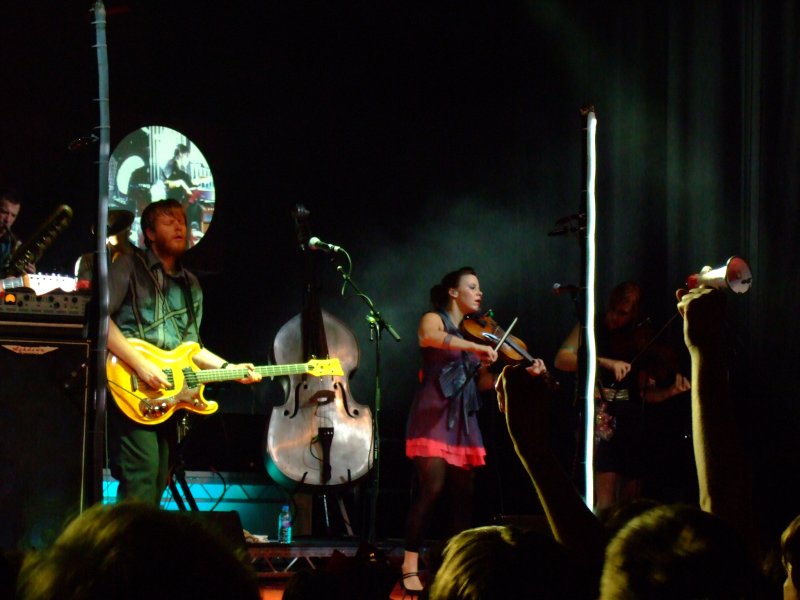English-speakers in Québec form a linguistic minority from a wide range of ethnic, religious, and socio-economic backgrounds and with many regional differences. The presence of this minority dates back to the French Regime, but coherent communities developed only after the British Conquest. The proportion of English-speakers increased in the years leading up to Confederation , followed by a gradual decline, particularly in the regions outside Montréal.
There is no consensus on how to define and measure the size of Québec’s English-speaking communities. Depending on the definition used, the population varies between 657,078 and 1,103,475 persons according to the 2016 Canadian Census (or between 8.1 per cent and 13.7 per cent of the total population). The narrowest definition is limited to people with English as their sole mother tongue. The broadest definition includes those for whom English is the first official language spoken, which takes into account non-native speakers who use English with greater or equal frequency than French. The federal government generally favours broader definitions than the provincial government.
The Government of Canada considers English-speakers in Québec as an official language minority community under the Official Languages Act, which ensures recognition and support.
History of English-Speakers in Québec
Early Settlers
Approximately six per cent of the immigrants who settled in Canada during the French Regime (see New France) were English-speaking British subjects. Most were captives seized from vessels or raids on New England settlements, but some were deserters or Catholic refugees from the largely Protestant British colonies.There is no evidence that they grouped into a coherent English-speaking community, and most probably ended up speaking French.
The development of English-speaking communities in Québec began after the British Conquest of 1759–60. In the 50 years following this event, English-speakers remained a small yet influential group that represented less than a tenth of the total population. They consisted of a governing elite backed by military personnel from Britain along with merchants, professionals, artisans, labourers and, from the 1780s onwards, Loyalist farmers. Because of this community’s relatively small size and the American Revolution brewing in the south, the ruling elite was reluctant to impose the British government’s official policy of anglicization and suppression of Catholicism that was being enforced in Ireland. They instead sought to win the loyalty of the French Canadian majority through measures of appeasement, notably the Quebec Act of 1774, yet this did not always sit well with the anglophone merchant class or the Anglican clergy.
Rapid Growth in the Industrial Age
With the end of the Napoleonic Wars in 1815, mass overseas migrations of English-speakers began in earnest. Some migrants were well-to-do, but most formed part of Britain and Ireland’s dispossessed. The Industrial Revolution in Britain had made certain trades obsolete, small landholders were pushed out to create large farms, and the Irish famine of the 1840s sent millions of poor migrants overseas. By the 1850s, a quarter of the population in what is now Québec was made up of English-speakers, totalling over a quarter million people. They formed a majority in some regions, notably the Eastern Townships, the Ottawa Valley and Montréal. Aside from a small elite that played a dispropotionate role in politics and the economy, most English-speakers were not especially better off than francophones.
During the 19th century, the overwhelming majority of English-speakers in Québec were of English, Scottish, Irish, Welsh and Channel Island origin, and this continued well into the 20th century outside Montréal. In the decades following the Irish famine, approximately half the anglophone population was made up of people with Irish origins. This changed in the early 20th century when people with origins in England outnumbered the Irish-origin population.
Although ethnic differences played a role in creating different English-speaking communities, it was religion that truly drove a wedge through this linguistic group. This was especially true with the rising importance of religious practice from the 1830s onward, along with the Irish-Catholic nationalism provoked by the famine. Boundaries rose between Catholics and Protestants, leading to separate schools, charitable institutions, religious associations, and newspapers. Outside the business and government sectors, there was little interaction between English-speaking Catholics and Protestants. Moreover, they often lived in different areas (e.g., Catholics in parts of Griffintown, Protestants in the Golden Square Mile). This divide gradually disappeared in the 20th century, particularly after the Quiet Revolution.
Decline and Diversification
Beginning in the 1860s, most areas outside Montréal saw a significant decline in the percentage of English-speakers. Anglophones were more likely to move when economic hardships arose given that they had shallower roots in the province and spoke the language used in most of North America. Québec City, which was 40 per cent English-speaking in midcentury, saw a massive decline in the second half of the 19th century with the collapse of the timber trade and shipbuilding industry. The English-speaking population in the Eastern Townships fell around the same time. In the Ottawa valley, the English-speaking population declined in the early 1900s, while in the Gaspé peninsula this began in the 1930s. Whereas only 25 per cent of anglophones in the province lived in the Montréal area in the 1860s, it was home to over 80 per cent of the total in 2011.
Montréal’s English-speaking population became more diverse in the 20th century. Jewish migrants from Eastern Europe arrived in large numbers in the late 19th century, followed by Italians, both groups largely aligning with the English-speaking community. Less numerous, but also important, were the many Black, Chinese and South Asian migrants who increased the visible minority proportion of anglophones; today, most anglophones in Québec are now of non-British origin.
Adapting to Francophone Affirmation
Between 1971 and 1986, nearly 200,000 anglophones left the province. This was partly the result of the relative economic rise of Toronto begun years earlier, but also because of political fears caused by the October Crisis of 1970 and the election of the nationalist Parti Québécois in 1976. Those who left included a high proportion of unilingual British-origin anglophones with well-paid jobs.
Since this important out-migration, the absolute number of English-speakers in Québec has remained relatively stable, but the character of the community has changed. Those who stayed had to adapt to active efforts by Québec’s majority to preserve the French language and ensure its predominance (see Bill 101). Disputes over language legislation and stories of anglophone angst have attracted media attention, but the general trend within the community has been towards gradual integration. The rate of French-English bilingualism among English-speakers rose rapidly: after stagnating at less than a third for most of the century, 53 per cent of anglophones were bilingual by 1981, and 69 per cent by 2016. Moreover, the percentage of anglophones marrying francophones has nearly doubled since 1971. English-speakers have been bridging the linguistic gap in Québec, leading to a growing complexity within the community whereby individual identities are shaped by multiple languages, ethnic backgrounds, and regional affiliations.
Economic Situation
A popular perception of anglophones as a dominant ruling class long existed in Québec, which fed into francophone nationalism in Québec. In 1961, the average salary of francophones was indeed only two thirds that of English-speakers. However, this disparity was largely due to high salaries for a tiny minority in senior executive postitions. This money did not trickle down to the vast majority of anglophones, who earned roughly the same as francophones.
The gap between the average anglophone and francophone salary has gradually closed since the Quiet Revolution. Since the 2006 census, there has been a higher mean income for anglophones but a lower median income; in other words, there is still a minority at the top earning higher wages, but most anglophones now earn less than francophones, and face higher unemployment and poverty levels.
Educational Institutions
Québec has over 320 primary and secondary public schools administered by nine English-language school boards. These boards were deconfessionalized in 2000, putting an end to a separate school system divided on religious lines. The Charter of the French Language (Bill 101) largely restricts access to these schools to children with a parent or sibling educated in English in Canada. In recent years, demands from the community led to a considerable increase in the amount of French-language instruction offered by these schools.
Québec also has many private English-language schools, including confessional establishments. Some private schools do not receive government funding, and applicants are not subjected to the aforementioned Bill 101 restrictions.
There are no laws regulating access to English-language post-secondary institutions in Québec. This sector includes seven English-language CEGEPs and three English-language universities: McGill University, Concordia University, and Bishop’s University.
Politics
English-speakers have gone from overrepresentation to underrepresentation in the provincial government. In the century following the British conquest, the political establishment was disproportionately dominated by English-speakers. The advent of elected assemblies in 1791 and responsible government in 1849 paved the way for more equitable French Canadian representation. The proportional decline of the English-speaking population since Confederation has reduced anglophone representation in the National Assembly. This is compounded by the fact that, as of 2009, they represent less than 1 per cent of full-time provincial public sector employees.
Nevertheless, many anglophone politicians from Québec have achieved renown in both federal and provincial politics, such as Brian Mulroney, Thomas Mulcair, Jack Layton, and Kathleen Weil.
Since the 1970s, English-language advocacy groups have appeared to fill this gap. The first major provincial group to materialize was Alliance Québecin 1982, an umbrella group for many of the regional associations that emerged around this time. An increasingly confrontational approach and infighting in the late 1990s caused it to lose credibility and its federal government funding. The Quebec Community Groups Network took over as the provincial umbrella organization for anglophone associations.
Arts and Culture
Montréal has a vibrant English-language cultural life. There are many writers within the community, proportionally twice as many as among francophones. The city has produced renowned authors such as Frank Scott, Mordecai Richler, Mavis Gallant, Rawi Hage and Naomi Klein. Montréal also hosts the annual Blue Metropolis literary festival, a multilingual event with roots in the English-speaking community. The city is home to over a dozen English-language publishing houses and many more theatre companies. Many musical acts that have achieved international renown have come out of the English-speaking community, such as Leonard Cohen , Kate and Anna McGarrigle, Oscar Peterson and Arcade Fire.
The English-language cultural scene outside Montréal is more diffuse, and artists tend to be isolated from each other with few outlets for exposure. Exceptions exist, such as the Morrin Centre in Québec City (see Literary and Historical Society of Quebec), but most cultural performances in English outside Montréal are limited to occasional amateur events.
Four major organizations represent English-based arts in Québec: the English Language Arts Network, the Quebec Drama Federation, the Quebec Writers’ Federation, and the Association of English-language Publishers of Quebec.
Media
English-speaking Quebecers have access to a broad range of radio programming in English, particularly in the Montréal region. CBC Radio One, with stations in Montréal and Québec City, offers English-language radio coverage in most of the province. Approximately a third of the radio stations in Montréal broadcast in English, but there are no English-language commercial radio stations based outside the city.
With regard to television, Montréal has affiliates of CBC, CTV, Global, and City that produce local programming and are available on cable throughout the province. Stations from neighbouring provinces and American states are also readily available.
Two English-language daily newspapers are printed in the province, the Montreal Gazette and the Record, published in Sherbrooke. There are also over 20 English-language weeklies printed in different regions of Québec.
Cultural Conservation and Identity
The diversity of the English-speaking community poses challenges to a unified group identity. In the days when the community was primarily British in origin, religion created important divisions. With the decline of the Catholic-Protestant divide, ethnic, linguistic, and racial diversity have emerged to create new complexities, especially in the Montréal area. Important regional differences also present a challenge to group cohesion. Complex identities have emerged, and many anglophones do not consider the English language as the principal marker of their identity.
In a world increasingly dominated by the English language, Québec’s English-speaking communities face the delicate challenge of maintaining their cultural vitality and institutions without hindering the vitality of the French language in the province.

 Share on Facebook
Share on Facebook Share on X
Share on X Share by Email
Share by Email Share on Google Classroom
Share on Google Classroom
